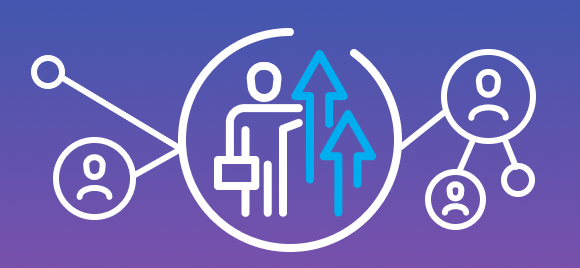Blog
Read our take on the technologies and trends affecting today’s contingent workforce landscape.

Prosperix MSP Partner Program
Build next-gen contingent workforce programs through a trusted MSP partner.












Schedule a Demo
Talk with one of our experts to learn how Prosperix can help you build your own extraordinary workforce.

